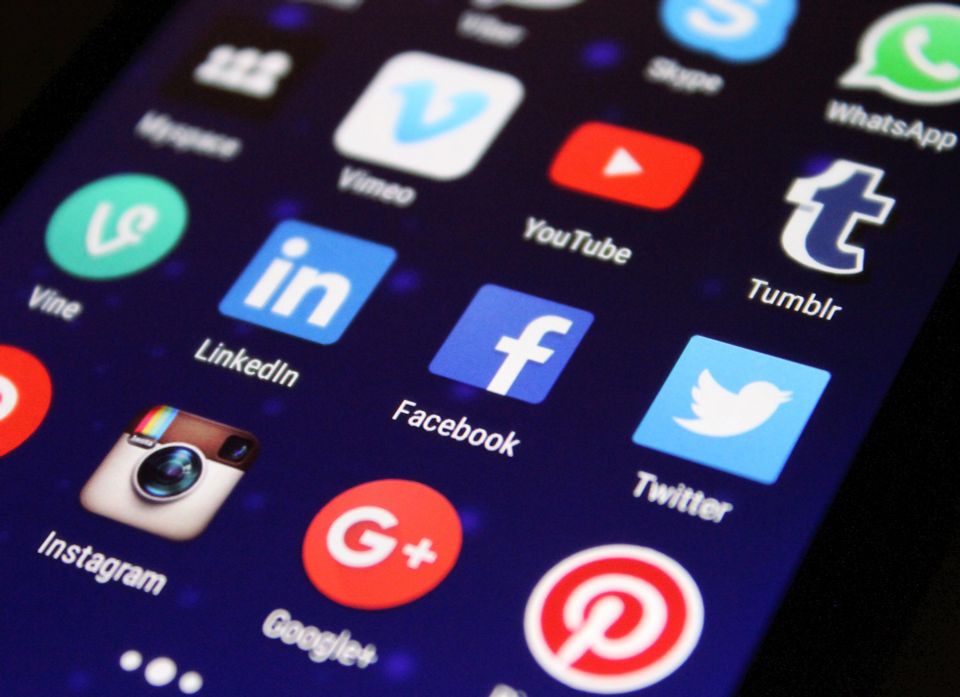Small media outlets vs Big Tech
JCPA would inject fairness into the news industry
and help preserve essential, quality local journalism
By Jennifer Bertetto
Earlier this year, I testified before a Senate subcommittee about the Journalism Competition and Preservation Act. The JCPA lets smaller media outlets negotiate as a group with Google and Facebook, seeking fair compensation for use of their work.
As a local news publisher in Southwestern Pennsylvania, I support this important legislation. That’s no surprise. But you may be surprised to learn about the broad bipartisan support for JCPA from the start. Today, the Senate co-sponsors are exactly 50-50 -- six Republicans and six Democrats. That says a lot about the fairness and common sense of the bill. It’s an essential step toward preserving local news outlets in the face of national tech giants with a stranglehold on the advertising market.
As a consumer of news, it’s not your job to worry about our business model. Readers just seek the news and information they need to get through the day. Yet everyone understands how the internet has changed the economics of every business in the land. Print newspapers have gotten smaller and fewer, while publishers moved to websites and other methods to reach readers online.
But the internet quickly became dominated by virtual monopolies, with sophisticated tools to extract money from the market – selling ads against the work that others invested to produce.
As I told the Senate subcommittee: “Put simply, Google and Facebook effectively impose an advertising tax on publishers, taking 40 to 70 percent of every ad dollar away from us. Moreover, they collect consumer data and then use or sell it without sharing it to the creator of the original content. These two platforms alone capture 60% of all digital ad dollars because of their ability to collect data.”
Those facts and figures may seem like inside baseball, so let me put it another way: When your local news organization shrinks, it cannot afford to cover the news that matters to you. “Our readers rely on us for the information they are literally not going to get anywhere else,” I said. “That is covering school board meetings. That is covering city government. That is letting them know when the bridge is out in their community. That is letting them know when the senior citizen center is going to be open during the winter months as warming stations.”
The JCPA is but one tool that can help bring fairness to the news industry. The legislation is needed so that smaller news organizations – under 1,500 employees – can legally join together and bargain fairly with the mega-corporations that have come to control the landscape. “Publishers – those who create the original content – must be able to retain more of the revenue derived from their work and investment,” I said. “Doing so would allow us to retain, and hire more reporters, and pay for the quality journalism that is so valuable – even to these platforms and their profits.”
Again, to translate that with real numbers: Our payroll is about $7 million, but we take in only about $150,000 a year from our current arrangement with Google. Raising that to a fair number would hardly make a dent in Google’s bottom line. But for our readers, it would mean our ability to cover more communities, to preserve more beats, to keep full-time reporters in the fields.
If you’re reading this, you already care about the health of local journalism. You can find out more about the JCPA through the News/Media Alliance, a national group representing our industry in Washington, at newsmediaalliance.org. Please take the time to contact your representatives in Congress, and urge them to join the wide-ranging, bipartisan support for a better balance between big tech and local news.


